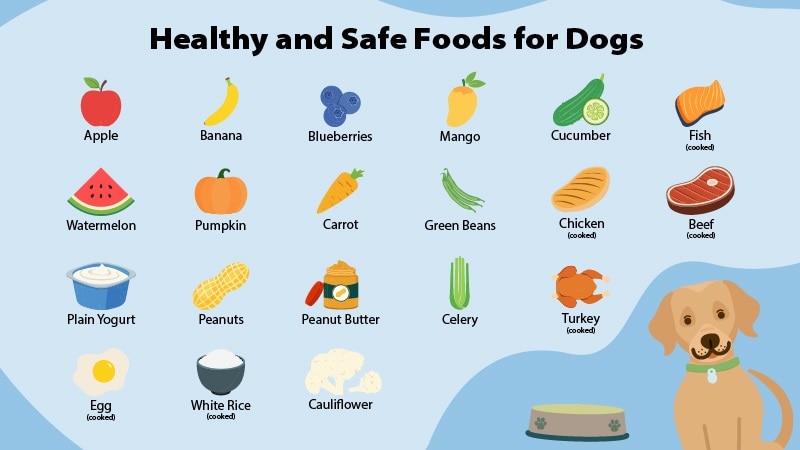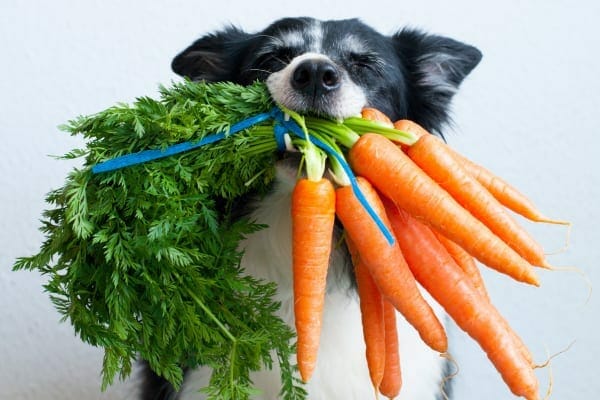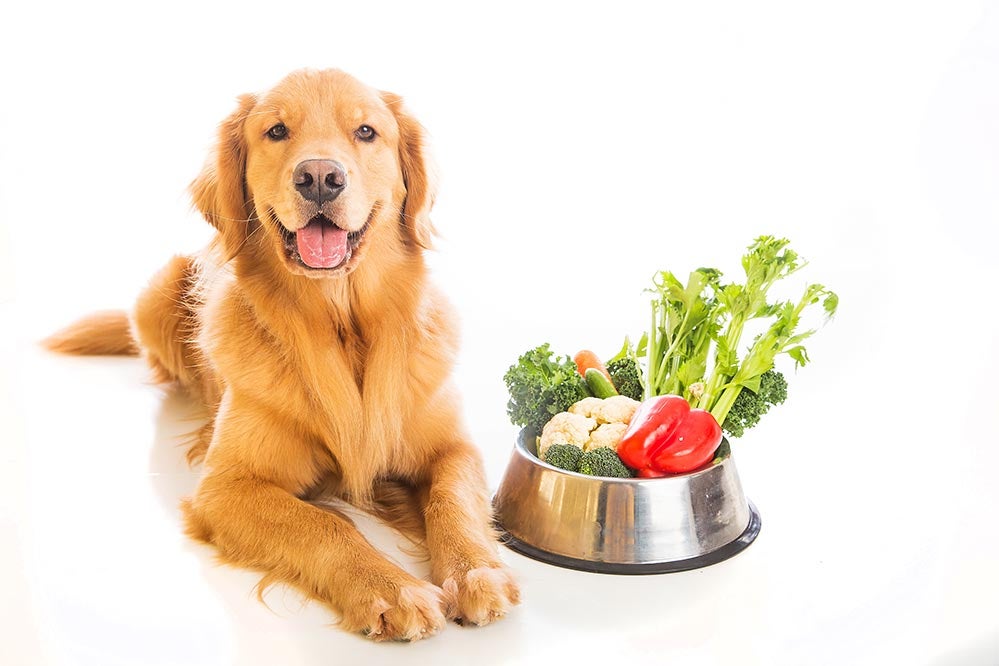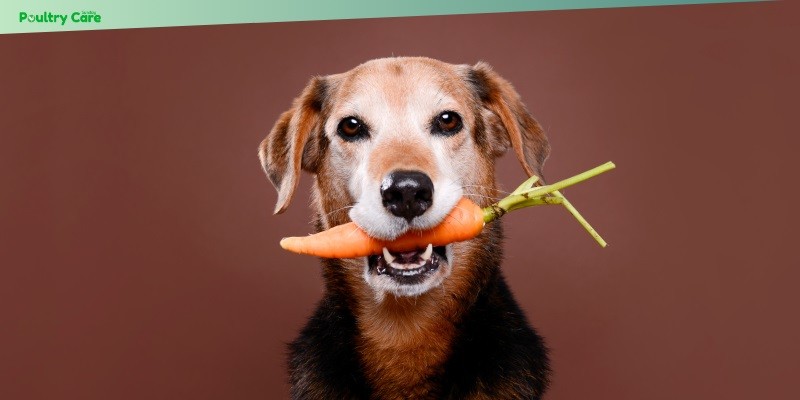Vegetables can be a great addition to your dog’s diet. But not all veggies are safe for dogs to eat.
Dogs need a balanced diet, just like humans. Including vegetables in their meals can provide essential nutrients. Some vegetables are safe and healthy for dogs, while others can be harmful. Knowing which vegetables to choose is vital for your pet’s health.
This guide will help you understand which veggies are safe for your dog. You will learn about the benefits and which ones to avoid. Giving your dog the right vegetables can improve their well-being. This blog will ensure your furry friend stays healthy and happy. Let’s explore the best vegetables for your dog to eat.
Benefits Of Vegetables For Dogs
Feeding your dog vegetables can offer multiple benefits. Vegetables provide essential nutrients, improve digestion, and support overall health. Dogs can enjoy a variety of safe vegetables. These vegetables can enrich their diet and provide health advantages.
Nutritional Value
Vegetables are packed with vitamins and minerals. They offer fiber and antioxidants. These nutrients promote a strong immune system. Vitamin A found in carrots supports vision health. Leafy greens like spinach offer iron and calcium. These help in bone strength and muscle function. Sweet potatoes provide beta-carotene. This is good for skin and coat health.
Improved Digestion
Fiber in vegetables aids digestion. It helps regulate bowel movements. Dogs with constipation can benefit from fiber-rich veggies. Fiber also supports a healthy gut. It fosters beneficial bacteria growth. This leads to better nutrient absorption. Vegetables like pumpkin can soothe an upset stomach. They are easy to digest and gentle on the tummy.

Credit: www.carecredit.com
Vegetables To Avoid
Dogs enjoy many vegetables, but some can be harmful. Certain vegetables contain toxins or allergens that can upset your dog’s health. It’s vital to know which vegetables to avoid to keep your furry friend safe.
Toxic Vegetables
Some vegetables are toxic to dogs. Onions and garlic top the list. Both can damage a dog’s red blood cells. This leads to anemia. Even small amounts can be harmful. Another toxic vegetable is rhubarb. The leaves contain oxalates. These can cause kidney problems.
Also, avoid mushrooms. Some wild mushrooms are highly toxic. They can cause severe reactions. Symptoms include vomiting and diarrhea. In severe cases, they can be fatal. Always keep these vegetables away from your dog.
Potential Allergens
Some vegetables can cause allergic reactions in dogs. One common allergen is tomatoes. Green, unripe tomatoes and their plants can cause issues. They contain solanine. This can lead to stomach problems and lethargy.
Another potential allergen is corn. Dogs can be allergic to corn. Symptoms include itching, ear infections, and digestive problems. If your dog shows these signs, remove corn from their diet. Always monitor your dog for any reactions to new vegetables.
Safe Vegetables For Dogs
As dog owners, we always strive to provide the best nutrition for our furry friends. Vegetables can be a healthy addition to their diet, offering essential vitamins and minerals. But not all vegetables are safe for dogs. Let’s dive into the safe vegetables for dogs and ensure our pets are eating right.
Leafy Greens
Leafy greens are a great option for dogs. Spinach, kale, and lettuce are not only safe but also packed with nutrients. Spinach contains iron and vitamins A, C, and K which support your dog’s immune system.
Kale is another powerhouse, loaded with antioxidants and fiber. It helps with digestion and keeps your dog’s coat shiny. Just make sure to serve it in small quantities to avoid stomach upset.
Lettuce is low in calories and can be a crunchy treat for your dog. It’s a great way to add hydration to their diet, especially during hot weather. However, avoid iceberg lettuce due to its low nutritional value.
Root Vegetables
Root vegetables like carrots, sweet potatoes, and beets are safe and beneficial for dogs. Carrots are rich in beta-carotene, which is excellent for your dog’s vision and immune health. They also make a great low-calorie snack.
Sweet potatoes are another nutritious choice, filled with vitamins A, C, and B6. They help support your dog’s digestive health and provide a quick energy boost. Make sure to cook them properly to avoid any digestive issues.
Beets are packed with fiber and essential minerals. They can aid in your dog’s digestion and promote a healthy heart. Serve them in moderation to avoid any potential stomach upset.
Have you ever tried feeding your dog these vegetables? What was their reaction? Share your experiences and let’s ensure our pets are enjoying a balanced and safe diet!

Credit: toegrips.com
Serving Vegetables To Dogs
Serving vegetables to dogs can benefit their overall health. Vegetables are rich in vitamins, minerals, and fiber. They can be a nutritious addition to your dog’s diet. But it’s crucial to serve them properly. Let’s explore some tips on preparing and serving sizes for your furry friend.
Preparation Tips
Wash the vegetables thoroughly to remove any pesticides or dirt. Remove any seeds or pits, as they can be harmful. Cut the vegetables into small, bite-sized pieces. This helps prevent choking. Cook the vegetables lightly. Steaming or boiling is best. Avoid seasoning or adding oils. Dogs don’t need spices or extra fats. Some vegetables can be served raw, like carrots or celery. Always check which ones are safe.
Serving Sizes
Introduce vegetables slowly into your dog’s diet. Start with small portions. Observe for any digestive issues. A few bites are enough for small dogs. Larger breeds can handle a bit more. Vegetables should only be a small part of their diet. They should not replace their regular food. Balance is key for a healthy diet.

Credit: www.akc.org
Frequently Asked Questions
What Vegetables Can Dogs Eat Daily?
Dogs can eat carrots, broccoli, green beans, spinach, and sweet potatoes daily. These vegetables provide essential vitamins and nutrients. Always serve them in moderation and ensure they are properly cooked or raw as appropriate. Avoid seasoning and harmful vegetables like onions and garlic.
What Vegetables Should Dogs Not Have?
Dogs should avoid onions, garlic, chives, and leeks. These vegetables can be toxic and cause serious health issues.
Can I Feed My Dog Rice And Veggies Every Day?
Yes, you can feed your dog rice and veggies daily. Ensure a balanced diet with protein, vitamins, and minerals. Consult your vet for specific advice.
What Vegetables Are Easily Digestible For Dogs?
Carrots, green beans, sweet potatoes, and peas are easily digestible vegetables for dogs. They provide essential nutrients. Always cook and serve them in moderation.
What Vegetables Can Dogs Eat?
Dogs can safely eat carrots, broccoli, spinach, peas, and sweet potatoes.
Conclusion
Feeding your dog vegetables can boost their health. Always choose safe options. Carrots, green beans, and peas are great choices. Avoid onions and garlic. Consult your vet before making changes. A balanced diet keeps dogs happy and healthy. Adding veggies can be a simple way to provide nutrients.
Keep portions small and observe any reactions. Enjoy watching your dog thrive on a varied diet. Remember, a healthy dog is a happy dog!
Last Updated on June 27, 2025 by Pauline G. Carter

